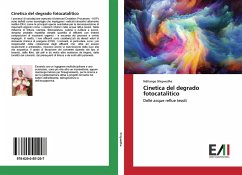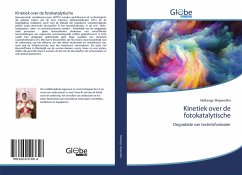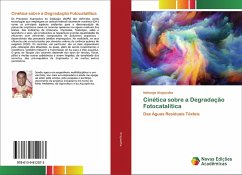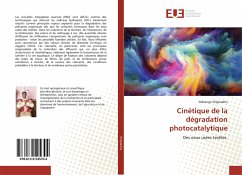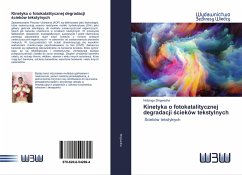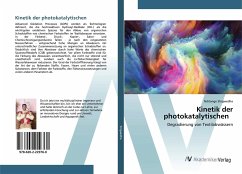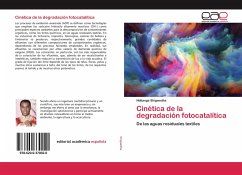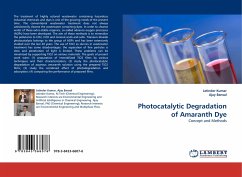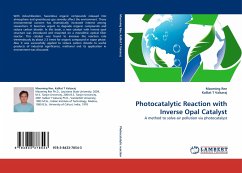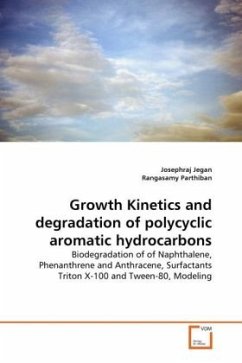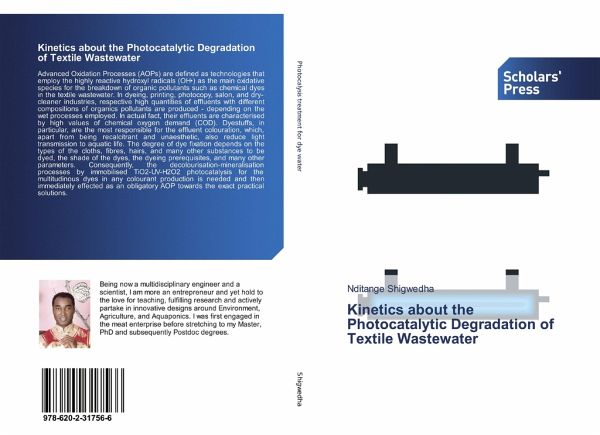
Kinetics about the Photocatalytic Degradation of Textile Wastewater
Versandkostenfrei!
Versandfertig in 6-10 Tagen
40,99 €
inkl. MwSt.

PAYBACK Punkte
20 °P sammeln!
Advanced Oxidation Processes (AOPs) are defined as technologies that employ the highly reactive hydroxyl radicals (OH-) as the main oxidative species for the breakdown of organic pollutants such as chemical dyes in the textile wastewater. In dyeing, printing, photocopy, salon, and dry-cleaner industries, respective high quantities of effluents with different compositions of organics pollutants are produced - depending on the wet processes employed. In actual fact, their effluents are characterised by high values of chemical oxygen demand (COD). Dyestuffs, in particular, are the most responsibl...
Advanced Oxidation Processes (AOPs) are defined as technologies that employ the highly reactive hydroxyl radicals (OH-) as the main oxidative species for the breakdown of organic pollutants such as chemical dyes in the textile wastewater. In dyeing, printing, photocopy, salon, and dry-cleaner industries, respective high quantities of effluents with different compositions of organics pollutants are produced - depending on the wet processes employed. In actual fact, their effluents are characterised by high values of chemical oxygen demand (COD). Dyestuffs, in particular, are the most responsible for the effluent colouration, which, apart from being recalcitrant and unaesthetic, also reduce light transmission to aquatic life. The degree of dye fixation depends on the types of the cloths, fibres, hairs, and many other substances to be dyed, the shade of the dyes, the dyeing prerequisites, and many other parameters. Consequently, the decolourisation-mineralisation processes by immobilised TiO2-UV-H2O2 photocatalysis for the multitudinous dyes in any colourant production is needed and then immediately effected as an obligatory AOP towards the exact practical solutions.



